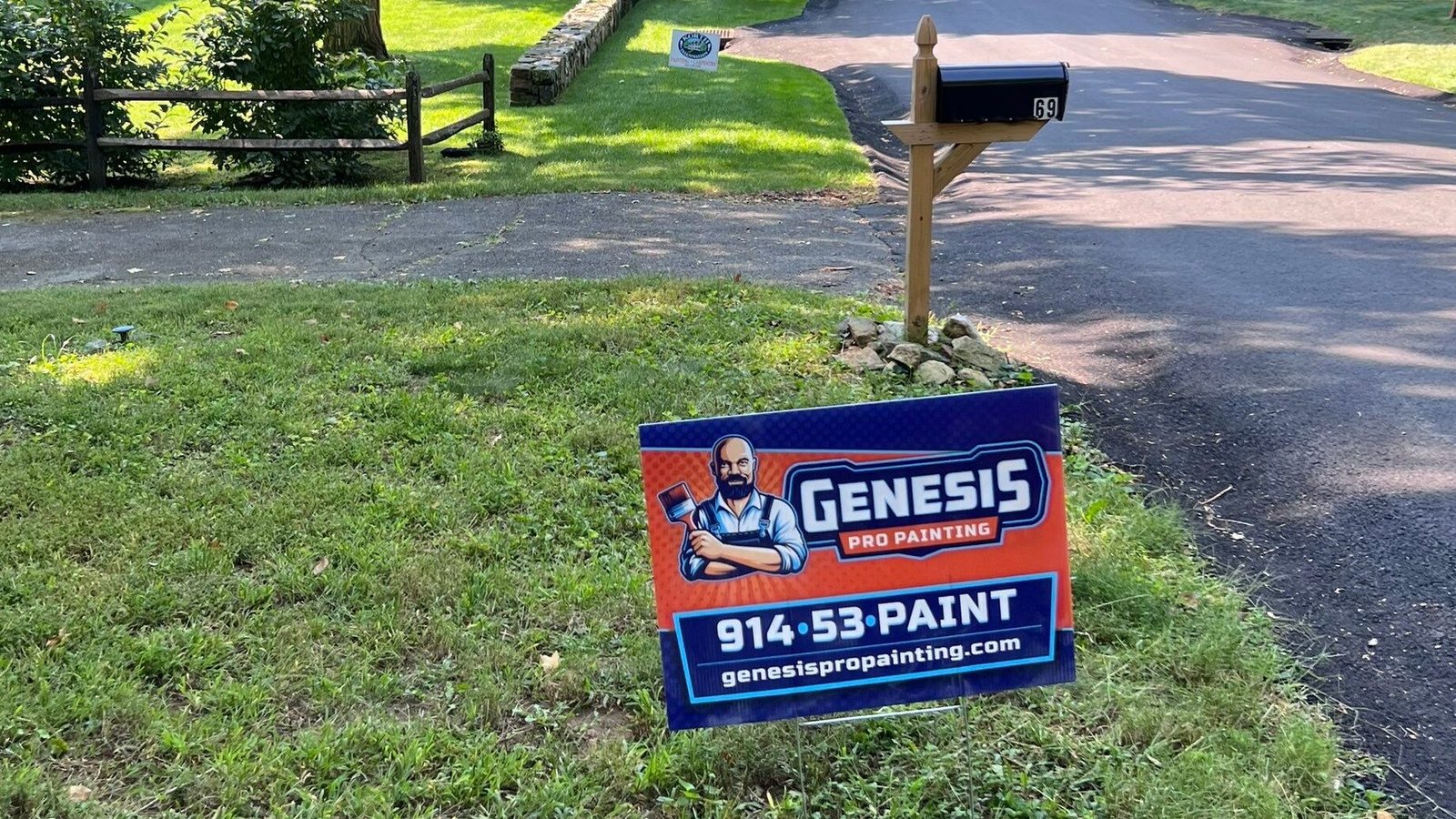In the hospitality industry, first impressions are paramount. A hotel’s appearance directly influences guest perception, satisfaction, and repeat business. Regular painting and meticulous maintenance are not just aesthetic considerations; they are fundamental to upholding professional hospitality standards.
Importance of regular paint touch-ups
- Guest Experience: A fresh, clean, and well-maintained appearance signals attention to detail and care for guests, directly impacting their comfort and overall experience. Faded, chipped, or scuffed paint looks unprofessional and can deter guests.
- Brand Image: Consistent quality in appearance reinforces a hotel’s brand image, whether it’s luxury, boutique, or budget-friendly.
- Value Retention: Regular touch-ups prevent minor wear from escalating into costly major repairs, preserving the property’s asset value.
- Hygiene Perception: Clean, freshly painted surfaces contribute to a perception of cleanliness and hygiene, which is critical for guest confidence.
Surface prep: repair, cleaning, sanding
Professional hotel painting goes far beyond just applying a new coat. Meticulous surface preparation is essential for a durable and appealing finish:
- Inspection & Repair: Thoroughly inspect all surfaces for cracks, holes, dents, or water damage. These must be repaired, patched, and properly sanded smooth.
- Cleaning: Walls, ceilings, and trim accumulate dirt, dust, and grime. Surfaces are meticulously cleaned using appropriate detergents to remove all contaminants. This ensures paint adhesion.
- Sanding & Priming: Light sanding creates a profile for paint to adhere to. Priming is crucial, especially on repaired areas or when changing colors, to ensure uniform color and long-lasting finish.
Paint type for high-traffic areas
Hotels are inherently high-traffic environments, demanding specific paint formulations:
- Durability: Use high-quality, durable paints, typically 100% acrylic latex or acrylic-urethane blends. These offer superior resistance to scuffs, abrasions, and impact.
- Washability: Choose paints with a satin, eggshell, or semi-gloss finish for walls, and semi-gloss or gloss for trim and doors. These finishes are more washable and resistant to stains, allowing for easy cleaning between guests without damaging the paint.
- Low VOC/Odor: To minimize disruption and ensure guest comfort, low VOC (Volatile Organic Compound) and low-odor paints are preferred, allowing rooms to be quickly reoccupied.
- Anti-Microbial Properties: In areas like bathrooms or kitchens, paints with anti-microbial additives can help inhibit mold and mildew growth, contributing to better hygiene.
Scheduling with minimal guest impact
Minimizing disruption to guests and hotel operations is critical. Strategic scheduling is key:
Phased area painting
- Divide the hotel into sections (e.g., floor by floor, wing by wing, or specific guest rooms).
- Paint one section at a time, allowing other areas to remain fully operational. This minimizes noise, dust, and inconvenience for guests.
Off-peak and overnight scheduling
- Off-Season/Low Occupancy: Schedule major painting projects during the hotel’s off-peak seasons or periods of lower expected occupancy.
- Overnight/Early Morning Work: For high-traffic public areas (lobbies, hallways, restaurants), schedule work during overnight hours or very early mornings when guest traffic is minimal. This requires efficient teams and fast-drying paints.
- Room Rotation: Implement a system to rotate guest rooms out of service temporarily for painting, then return them quickly.
Metal & wood surface maintenance
Beyond walls, other surfaces require attention:
- Metal (Doors, Railings, Fixtures): Clean regularly. Apply appropriate metal primers and durable, rust-inhibiting paints or clear coats. Look for signs of corrosion and address promptly.
- Wood (Trim, Doors, Furniture, Paneling): Clean, sand, and touch up or re-stain/re-paint as needed. Protect wood from moisture. Use durable clear coats or enamels.
Preventive inspections & cleaning
- Regular Walk-Throughs: Conduct frequent inspections of all painted surfaces throughout the hotel to catch minor issues (scuffs, chips, stains) before they become major problems.
- Spot Cleaning: Train housekeeping and maintenance staff for immediate spot cleaning of marks and scuffs using gentle cleaners to preserve paint integrity.
- Scheduled Deep Cleaning: Implement a schedule for periodic deep cleaning of all painted surfaces.
Choosing contractors with hospitality experience
Selecting the right painting contractor is crucial for hotels:
- Experience in Hospitality: Look for contractors with proven experience working in hotels or similar high-stakes commercial environments. They understand the unique challenges (guest comfort, operational continuity, specific scheduling needs).
- Professionalism: A team that is discreet, clean, respectful of guests, and adheres to strict safety protocols.
- Efficiency: Ability to complete work quickly and to a high standard, minimizing downtime for rooms or areas.
- Quality Materials: Knowledge of and access to the best paint products for durability, washability, and low odor.
- Communication: A contractor who can communicate clearly and coordinate effectively with hotel management.

Genesis Pro Painting specializes in commercial painting, with extensive experience in the hospitality sector. We understand the stringent demands of hotels and deliver exceptional results with minimal disruption, ensuring your property always reflects the highest standards of guest satisfaction and brand image.
